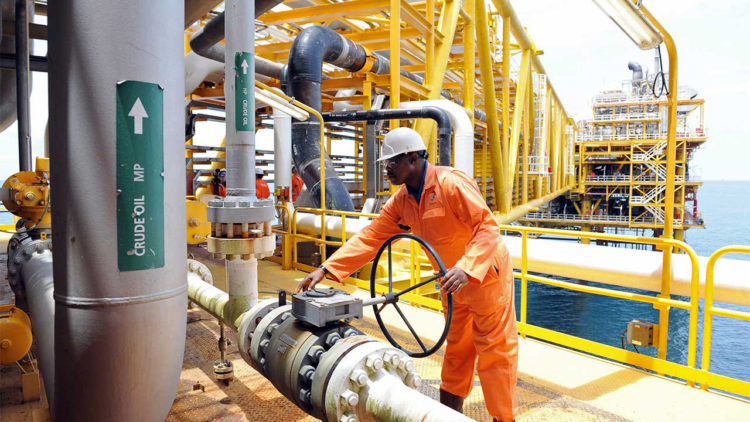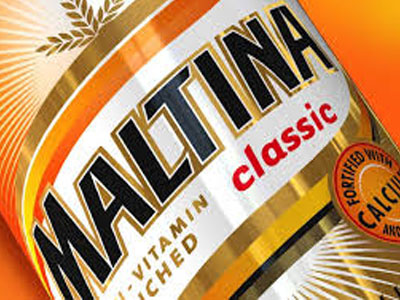
The Federal Government, through the Nigerian Upstream Petroleum Regulatory Commission (NUPRC), has rejected the proposed $1.3 billion sale of onshore oilfields to the Renaissance Group, citing the buyer’s lack of qualification to manage the assets, according to a Reuters report.
Shell, which owns the assets via Shell Petroleum Development Company (SPDC), said it was providing NUPRC with all the required information.
However, NUPRC declined to approve the sale on the grounds the Renaissance consortium could not show it could manage the assets, the report notes.
According to the report, the NUPRC has communicated its decision to all the parties.
“Shell and the government are in ongoing communication as part of the approval process for the sale of SPDC. SPDC will continue to provide the regulator with all information needed to complete the approval process,” a Shell spokesperson told Reuters.
Backstory
Nairametrics previously reported in January that Shell Plc has reached an agreement to sell its Nigerian onshore oil assets to a local consortium for over $1.3 billion, pending government approval.
- Shell’s Integrated Gas and Upstream Director, Zoe Yujnovich, confirmed the development, emphasizing the importance of the transaction as part of the company’s strategy to streamline its portfolio and prioritize investments in deepwater and integrated gas projects in Nigeria.
- However, the upstream oil regulator, NUPRC, has indicated that it will only fast-track the approval if Shell accepts responsibility for oil spills and commits to financing cleanup efforts in the Niger Delta.
- NUPRC’s Chief Executive, Gbenga Komolafe, explained that this would allow for a faster approval process as a short-term option if the companies agree to the terms. However, a longer-term option would involve waiting until the NUPRC identifies and assigns all liabilities, Komolafe noted.
Meanwhile, residents from host communities have filed a N500 billion claim against Shell Petroleum Development Company, alleging that the company violated an existing “Mareva” injunction and seeking to block the sale of its onshore assets.
What you should know
International oil companies (IOCs) are scaling back operations in Nigeria due to a combination of factors that have undermined the profitability and sustainability of their ventures, with oil thefts in the Niger Delta being a primary concern.
- This region, rich in oil reserves, has been plagued by systemic theft and sabotage of pipelines, leading to significant revenue losses and environmental damage.
- The CEO of TotalEnergies Patrick Pouyanne, for instance, mentioned that the firm has not conducted any oil exploration in the region for 12 years due to insecurity.
Companies like Shell Plc and ExxonMobil have opted for divestment strategies to cut costs and reallocate investment in deep water operations where there are fewer risks and threats of hostile business environments.
SOURCE: NAIRAMETRICS




